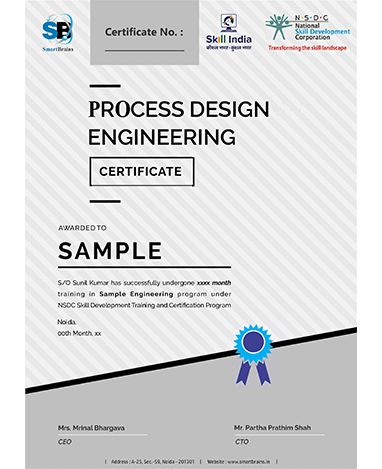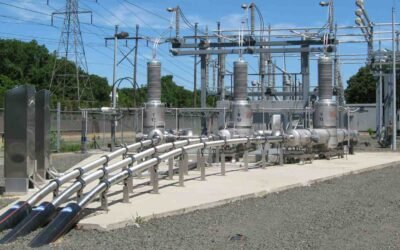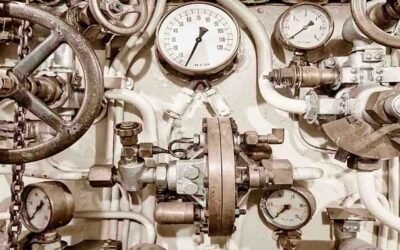About the Program
This course provides a thorough study of the power system data necessary, and the methods commonly used in the analysis of power systems utilizing computer software. The following types of studies are covered: short circuit, load flow, motor starting, cable ampacity, stability, harmonic analysis, switching transient, reliability, ground mat, protective coordination, power system modeling.
Learning objective
- Understand the purpose for and techniques involved in power system studies;
- Principles involved in data acquisition in support of power system studies;
- The purpose of system studies during the design stage of power distribution systems;
- The purpose of system studies for existing power distribution systems;
- The advantages of power system analysis software in the design of complex modern power systems;
- The benefits and restraints associated with the critical analytical solution methods that are available or are the basis for valid techniques in solving power system problems;
- The techniques involved in modeling a power transformer;
- The techniques involved in modeling overhead power lines;
- The per unit system for expressing variables in power system calculation;
- The purpose for and the techniques involved in a transformer tap study;
- The critical aspects of a system load flow study and its use in power system design;
- Use of the load flow study to access power system performance and voltage profiles;
- Understand the concept of Thevenin’s equivalent;
- The purpose for and techniques involved in short circuit analysis;
- The purpose for and techniques involved in determining the dc component of fault current;
- The concept of and the techniques for power system modeling;
- How to model power system loads and their differences for power system calculations and studies;
- How to model generators in power system calculations and studies;
- The methods utilized by computer programs for power system analysis;
- The various factors affecting the results and accuracy of short circuit studies;
- The salient principles, methodologies, and computational procedures suggested by the North American IEEE and ANSI C37 standards;
- The international standard for short circuit calculations (IEC 60909, 1988) and the conceptual and computational deviations from C37 standards;
- The definition of stability, steady state stability, transient, and dynamic stability;
- The use of stability studies to determine load-shedding schemes and critical fault clearing times for setting protective relays;
- Starting torque analysis for electric motors and the need for motor starting studies;
- The use of motor starting studies to determine power system performance;
- The use of motor starting studies to select the optimum starting method, the motor design requirements, and the system design requirements to minimize the impact of motor starting on the entire power system;
- The use of motor starting studies to determine if a starting device is needed and its characteristics and ratings;
- Program Highlights

About The Course

Course Modules
-
- Introduction
- Applications of power system analysis
- Analytical procedures
- System modeling
- Computer solutions and systems
- Load flow studies
- Short-circuit studies
- Stability studies
- Motor-starting studies
- Harmonic analysis studies
- Switching transient studies
- Reliability studies
- Cable ampacity studies
- Ground mat studies
- Coordination studies
- DC auxiliary power system analysis
Course Certificates
SmartBrains is associated with The National Skill Development Corporation (NSDC) as the Training and Certification partner for various job oriented training programs across various sectors including Oil & Gas, Power, Renewable Energy, Hydrocarbon, IT & ITs, Electronics, Telecom, Agriculture, Life science etc. offering assessment based Training & certifications for a gamut of job profile.
Who should join?
- Working professionals in Domains: Site Engineering, .Construction & Commissioning operation & .Maintenance, Technicians in Process Engineering Field.
- Students (Chemical Engineering, Diploma in Chemical .Engineering) who want to develop their career in Design Engineering.

For Corporate queries
A-25, Sector-59, Noida (UP),India
Pin Code-201301
Connect with Program Advisor
training@smartbrains.com
+91 9891108002| +91 9891108700
www.smartbrains.com
Nodal Centers
Noida, Dehradun
Guwahati, Pune
Course Features
- Lecture 0
- Quiz 0
- Duration 50 hours
- Skill level All levels
- Language English
- Students 0
- Assessments Yes






